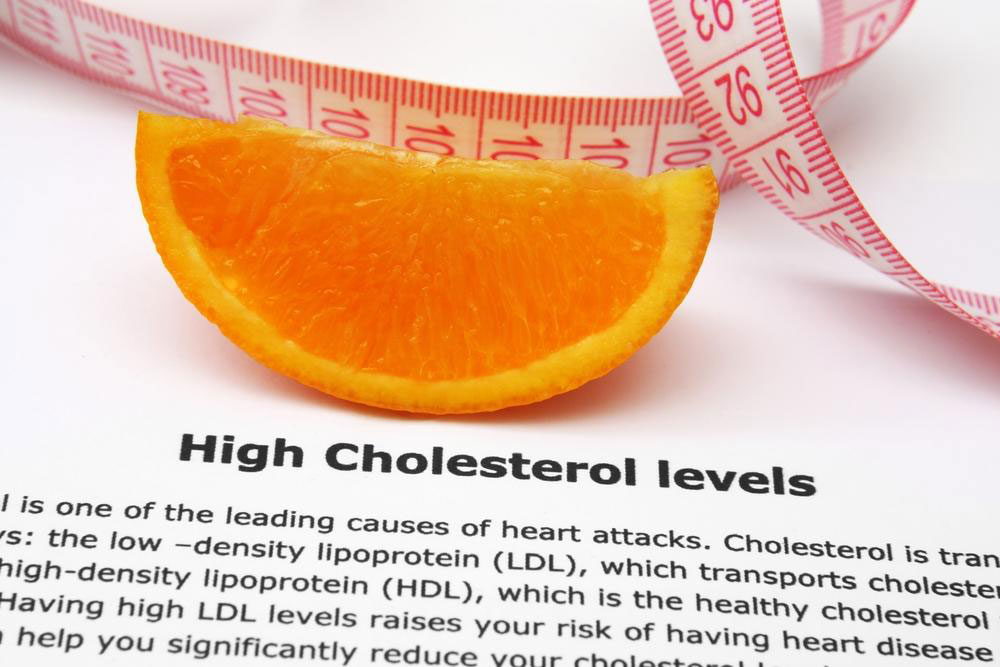Comprehensive Guide to Common Causes of Chest Discomfort and How to Address Them
Chest discomfort may stem from various causes, including heart, lung, digestive, musculoskeletal, and psychological issues. This comprehensive guide explores each potential cause to help individuals recognize symptoms early and seek timely medical intervention. Understanding these conditions is crucial for effective treatment and prevention of serious health emergencies like heart attacks. Maintaining overall health, monitoring triggers, and consulting healthcare providers are essential steps for those experiencing chest discomfort.

Comprehensive Guide to Common Causes of Chest Discomfort and How to Address Them
Chest discomfort is a symptom that can arise from a wide range of health conditions, from minor issues to life-threatening emergencies. Recognizing the underlying causes of chest pain and discomfort is vital for timely intervention and effective treatment. This detailed guide explores the most common causes of chest discomfort, including cardiovascular, respiratory, digestive, musculoskeletal, and psychological factors. Understanding these causes enables individuals to better recognize symptoms and seek appropriate medical care promptly.
1. Heart and Blood Vessel Conditions: The Most Critical Causes
When discussing chest discomfort, cardiovascular issues are often the most concerning due to their potential severity. Conditions affecting the heart and blood vessels can lead to serious health emergencies such as heart attacks or strokes. Therefore, understanding these conditions is essential for early detection and prevention.
Acute Coronary Syndrome (ACS)
ACS is a collective term for situations where blood flow to the heart muscle is abruptly reduced. This includes conditions like unstable angina and heart attacks. The decreased blood supply causes the heart muscles to malfunction, leading to chest pain, which is often described as pressure or squeezing. The pain typically manifests in the upper left chest and may radiate to the shoulders, neck, jaw, or arms. Accompanying symptoms can include nausea, sweating, dizziness, and shortness of breath. Recognizing these signs early can be life-saving, requiring immediate medical attention.
Heart Attack (Myocardial Infarction)
A heart attack occurs when one or more coronary arteries are blocked, preventing oxygen-rich blood from reaching parts of the heart muscle. The classic symptom is intense, persistent chest pain, often described as a crushing or squeezing sensation. This pain may radiate to the left arm, neck, back, or jaw. Additional symptoms include cold sweats, nausea, vomiting, and weakness. Immediate medical intervention is crucial to minimize heart damage and improve survival chances.
Myocarditis
This condition involves inflammation of the heart muscle, frequently caused by viral infections such as influenza or COVID-19. Symptoms include chest pain, which may worsen with physical activity or deep breathing, shortness of breath, fatigue, and irregular heartbeat. Proper diagnosis and treatment are important to prevent long-term cardiac damage.
Pericarditis
Pericarditis refers to inflammation of the pericardium, the membrane surrounding the heart. It often results from viral infections, autoimmune diseases, or after a heart procedure. The main symptom is sharp chest pain that worsens with deep inspiration, coughing, or lying flat, and may improve when sitting up or leaning forward. Proper medical assessment helps manage symptoms and address underlying causes.
Hypertrophic Cardiomyopathy
This genetic disorder causes abnormal thickening of the heart muscle, particularly the interventricular septum. It can obstruct blood flow and lead to chest discomfort, shortness of breath, fainting, or palpitations during exertion. Early diagnosis through echocardiography can guide management strategies to prevent serious complications like arrhythmias or sudden cardiac death.
Mitral Valve Prolapse
A condition where the mitral valve does not close properly, leading to blood leakage and abnormal heart sounds. Symptoms may include chest pain, dizziness, palpitations, and shortness of breath. While often benign, it requires medical evaluation to rule out other cardiac issues.
2. Respiratory System Issues: Lung-Related Causes of Chest Discomfort
Respiratory problems can also produce chest pain, especially when infections or structural issues involve the lungs and airways.
Pneumonia
An infection of the alveoli, the tiny air sacs in the lungs, can cause chest pain, persistent cough, fever, chills, and difficulty breathing. The pain is often sharp and worsens with coughing or deep breaths. Prompt antibiotic treatment and supportive care are vital for recovery.
Tuberculosis
TB is a bacterial infection that primarily affects the lungs, leading to symptoms such as prolonged cough, chest discomfort, weight loss, night sweats, and fever. Diagnosis involves sputum tests and chest imaging. Long-term antibiotic therapy is essential for treatment.
3. Digestive System Conditions: Causes Related to the Gastrointestinal Tract
The digestive system can also contribute to chest discomfort due to esophageal disorders or other gastrointestinal problems.
Esophageal Disorders
Conditions like esophageal spasms or motility disorders cause abnormal contractions of the esophagus, resulting in chest pain that mimics heart pain. The pain may be episodic and are often associated with swallowing difficulties or acid reflux.
Esophageal Hyper-sensitivity
Some individuals develop an increased sensitivity to minor stimuli in the esophagus, which can trigger chest discomfort even in the absence of structural abnormalities. Management includes dietary modifications and medications to reduce sensitivity.
Esophageal Perforation
A rare but serious condition where a tear develops in the esophageal wall, often due to trauma, forceful vomiting, or medical procedures. Symptoms include sudden severe chest pain, vomiting, difficulty swallowing, and signs of infection. Emergency medical treatment is critical.
4. Musculoskeletal Causes: Bone and Muscle-Related Chest Pain
Fractured ribs, muscular strains, or arthritis can also cause chest discomfort. These are often associated with physical injury, overexertion, or inflammatory conditions affecting bones and muscles.
Rib Fractures
Usually resulting from trauma or falls, rib fractures cause sharp, localized pain that worsens with movement or deep breathing. Healing typically takes several weeks, with pain management and rest.
Muscular Strain and Costochondritis
Muscular strains from heavy lifting or intense exercise can produce chest pain. Costochondritis, inflammation of the cartilage connecting ribs to the breastbone, causes chest tenderness and pain that worsens with movement.
5. Psychological Factors: The Role of Mental Health in Chest Discomfort
Stress, anxiety, and panic attacks can trigger physical sensations of chest tightness or pain, even in the absence of physical abnormalities. These symptoms often mimic serious conditions, making evaluation essential to rule out real medical issues.
Managing psychological causes involves counseling, stress management techniques, and sometimes medications prescribed by mental health professionals.
Understanding the multifaceted nature of chest discomfort is essential. While some causes are benign, others can be life-threatening. Recognizing early warning signs and seeking emergency care when necessary can save lives. Regular health check-ups, maintaining healthy lifestyle habits, and prompt medical attention are key strategies in managing chest-related symptoms effectively.





